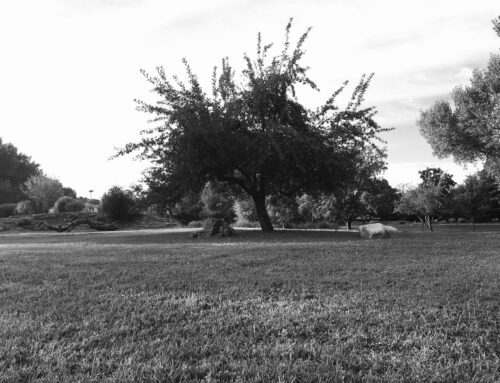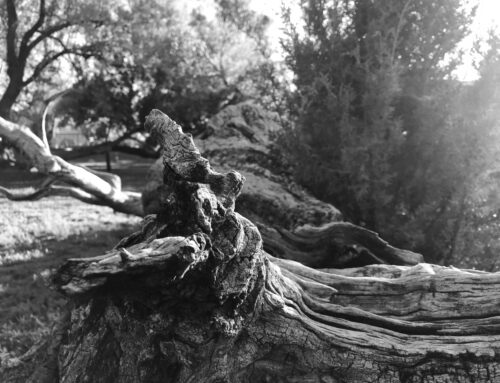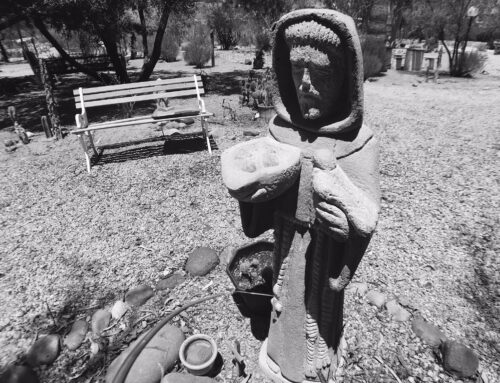I like structure. That is, I like it as long as everything is in place. I’ve operated in jobs and ministries that have been bad ‘fits.’ Leaving me feeling like a square peg in a round hole, those experiences left me with an orphan mentality of ‘no one understands me.’ Throughout the years I found out that the problem wasn’t necessarily in the structure, but in my identity (though, I’ve worked in a lot of poor structures!). I was letting the structure define me and not Christ. Spending time at the International House of Prayer (Atlanta) helped me in my journey, but even there, the more I spent time in that structure, I didn’t feel like I was called long-term to that environment. However, in the place of prayer God began to re-structure my heart (the most crucial structure). I love prayer and what God is doing in the prayer movement, but I have a titanium thread of social justice and evangelism that is a part of my identity in Christ. The lens through which I look has been shaped by Bonhoeffer, Wilberforce and St. Francis: all strong voices for justice, the poor and oppressed, and most importantly, all lived lives of strong devotion and prayer (which is sometimes overlooked).
Working at IHOP-Atlanta, and now at a church that is passionately developing a discipleship-culture, I have found that a very crucial thing in setting a culture is shared values and language. It’s not that things can’t be discussed, challenged or even contested along the way. Rather, when they are it’s done as a process of hammering out and building stronger instead of tearing down.
Because of these common languages (IHOP: Intimacy/Bridal paradigm; 3DM: Discipleship). I’m learning how to be a better Jesus apprentice, how to be better mentored, and how to better mentor and lead. I’m learning how to not take myself so seriously, and how to enjoy others more. I’m learning that a big part of discipleship is being transparent, honest and humble, as well as believing that God wants to miraculously work through the little things as well as the big. It’s walking out the Sermon on the Mount through the mundane as well as the overtly outward expressions.




